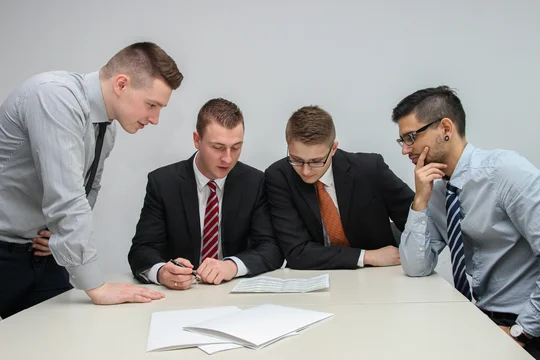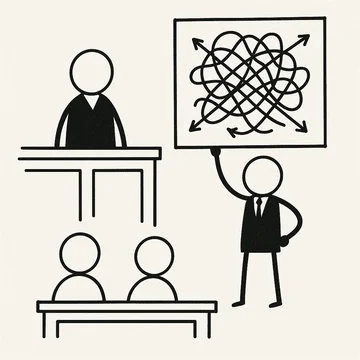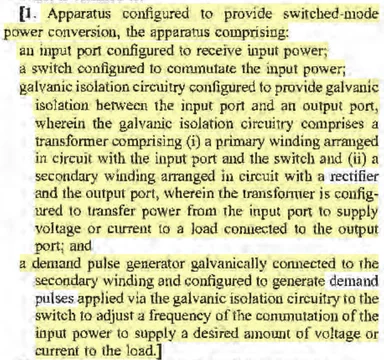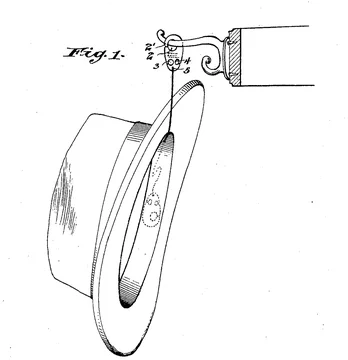
Aaaand we're back! We extended the blog break a bit because I was traveling last week to participate on a panel about AI-related litigation at the Sedona Conference. There have been several interesting AI-related copyright decisions this year (including in Delaware), and we may post about them down the line.
For now, I wanted to alert everyone that Judge Burke posted a set of "Tips Regarding Markman Briefing and Hearings" on his website.
The document has 10 total tips, all directed towards Markman practice before Judge Burke. But I would say that it is definitely worthwhile reading for any Delaware litigator. The tips include guidance regarding (spoiler alert):
- The number of terms Judge Burke will hear and decide …








